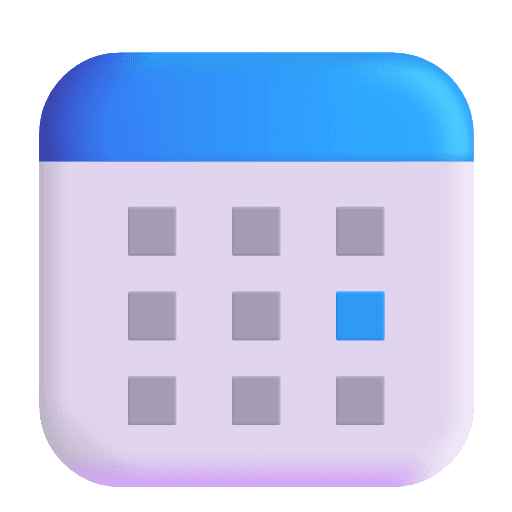
Feb 7, 2025
How to Analyze A/B Test Results in Hotjar with Optimal UX Integration
Introduction
Combine the power of Hotjar's behavioral analytics with your A/B testing data from Optimal UX. This integration enables you to analyze user behavior recordings, heatmaps, and other visual insights specifically for different experiment variants, helping you understand not just what users do, but how they interact with your variants.
Why Use Hotjar for A/B Test Analysis?
Watch real user sessions for specific experiment variants
Create heatmaps segmented by experiment participation
Understand user behavior through visual analytics
Combine quantitative and qualitative insights
Get direct visual feedback on variant performance
Step-by-Step Integration Guide
Enable the Integration
Log into your Optimal UX dashboard
Navigate to Settings > Integrations
Locate the Hotjar integration card
Toggle the integration switch
Understanding Data Flow
When enabled, Optimal UX automatically sends experiment participation data to Hotjar as custom events:
Events are triggered using the Hotjar JavaScript API
Event names follow the format:
viewed_optux_[experiment slug]_[variant name]Example: For an experiment with slug "xyz123" and variant "Variant B", the event would be
viewed_optux_xyz123_variant_b
Security Note: Optimal UX uses experiment slugs instead of full experiment names to ensure data security.
Using Experiment Data in Hotjar
Creating Segments
Open your Hotjar dashboard
Navigate to Recordings
Use the "Event" filter
Find an event that starts with "viewed_optux_"
Select your experiment event
Click "Save Segment"

Analysis Capabilities
View recordings filtered by experiment variant
Create variant-specific heatmaps
Compare user behavior across variants
Analyze form analytics per variant
Track rage clicks and user frustration by variant
Viewing Experiment Data
Recordings
Go to Recordings in Hotjar
Apply your experiment segment filter
Watch sessions from specific variant groups of your A/B test
Heatmaps
Create a new heatmap
Select your A/B test segment
Collect data for variant-specific interactions
Common Use Cases
Compare click patterns between variants
Identify user confusion points
Analyze scroll depth differences
Monitor form abandonment by variant
Track user paths through new features
Conclusion
The integration between Optimal UX and Hotjar bridges the gap between A/B testing and behavioral analytics. By combining these tools, you can understand not just which variants perform better, but why they perform better through direct user behavior observation.
Read more:
How to Analyze A/B Test Results in LogRocket with Optimal UX Integration
Track A/B tests in LogRocket using secure experiment tracking. Watch session replays, monitor performance, and debug issues across variants with comprehensive analytics.

Feb 5, 2025
📁 A/B testing
📁 Split testing
📁 Integration
📁 Client-side testing
📁 Client-side testing
How to Analyze A/B Test Results in Mixpanel with Optimal UX Integration
Track experiment data in Mixpanel using events and user properties. Learn how to analyze A/B test results using cohorts, funnels, and advanced analytics features.

Jan 31, 2025
📁 A/B testing
📁 Split testing
📁 Integration
📁 Client-side testing
📁 Client-side testing
How to Analyze A/B Test Results in Matomo Analytics with Optimal UX Integration
Track A/B tests in Matomo Analytics using native experiment events. Analyze results while maintaining full control over your testing data.

Feb 3, 2025
📁 A/B testing
📁 Split testing
📁 Integration
📁 Client-side testing
📁 Client-side testing
How to Analyze A/B Test Results in Hotjar with Optimal UX Integration
Track experiment participation in Hotjar using custom events. Get visual insights into user behavior across variants through heatmaps and session recordings.

Feb 7, 2025
📁 A/B testing
📁 Split testing
📁 Integration
📁 Client-side testing
📁 Client-side testing